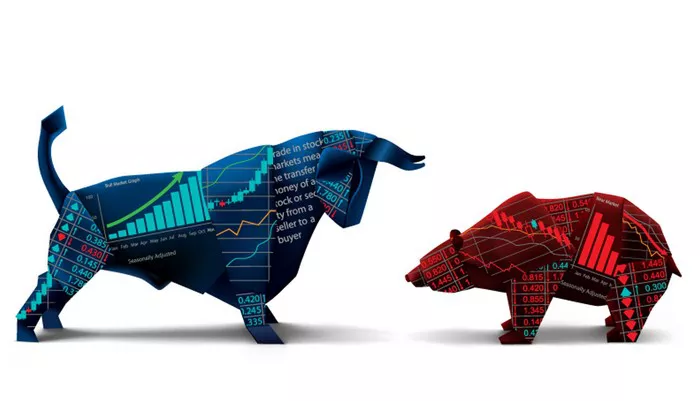Futures contracts are financial agreements to buy or sell a specified asset at a predetermined price on a future date. These contracts are widely used by various market participants to manage risk, speculate on price movements, and discover future market prices.
Participants in the Futures Market
Two primary participants in the futures market are hedgers and speculators. Hedgers use futures contracts to mitigate price risk in the underlying asset, while speculators aim to profit from price movements without intending to take physical delivery of the asset.
Basic Mechanics of Futures Trading
Futures trading involves specific contracts detailing the underlying asset, contract size, delivery date, and location. Traders take either long (buy) or short (sell) positions in futures contracts and are required to deposit margin to cover potential losses.
Price Discovery and Arbitrage
Price discovery in futures markets occurs as buyers and sellers interact, determining prices based on supply and demand dynamics. Arbitrageurs exploit price differences between the futures market and the underlying asset to ensure price convergence.
Risk Management and Hedging
Businesses use futures contracts for risk management by implementing hedging strategies to protect against adverse price movements. While speculators aim to profit from price fluctuations, hedgers seek to mitigate risk exposure.
Role of Clearinghouses
Clearinghouses act as intermediaries, guaranteeing the performance of futures contracts and reducing counterparty risk. They require margin payments from traders to cover potential losses and manage risk effectively.
Leverage and Margin Trading
Futures trading offers leverage, allowing traders to control large positions with relatively small amounts of capital. However, traders must maintain margin requirements to avoid margin calls and potential liquidation of positions.
Market Liquidity and Bid-Ask Spreads
Market liquidity is measured by volume and open interest, indicating trading activity and outstanding contracts. Bid-ask spreads, the difference between buy and sell prices, influence trading costs and market efficiency.
Types of Futures Contracts
Futures contracts can be categorized into commodity futures, based on physical commodities like gold and oil, and financial futures, based on financial instruments such as stock indices and currencies.
Trading Hours and Exchanges
Futures markets operate globally, around the clock, across different time zones. Major exchanges facilitating futures trading include the Chicago Mercantile Exchange (CME Group), the Intercontinental Exchange (ICE), and Eurex.
Settlement and Delivery
Futures contracts are settled either through cash settlement, where the difference between the contract price and market price at expiration is paid, or physical delivery, where the underlying asset is delivered at expiration.
Regulation and Oversight
Futures markets are regulated by government agencies like the Commodity Futures Trading Commission (CFTC) in the United States. Regulators monitor markets for manipulation, fraud, and illegal activities to ensure market integrity.
Risks of Futures Trading
Futures trading involves price risk, leverage risk, and counterparty risk. Traders should be aware of these risks and take appropriate measures to manage them effectively.
Conclusion
In conclusion, futures markets play a vital role in risk management, price discovery, and speculation. Traders and investors should conduct thorough research, understand the risks involved, and consider consulting with financial professionals before participating in futures trading to make informed decisions and mitigate potential losses.


